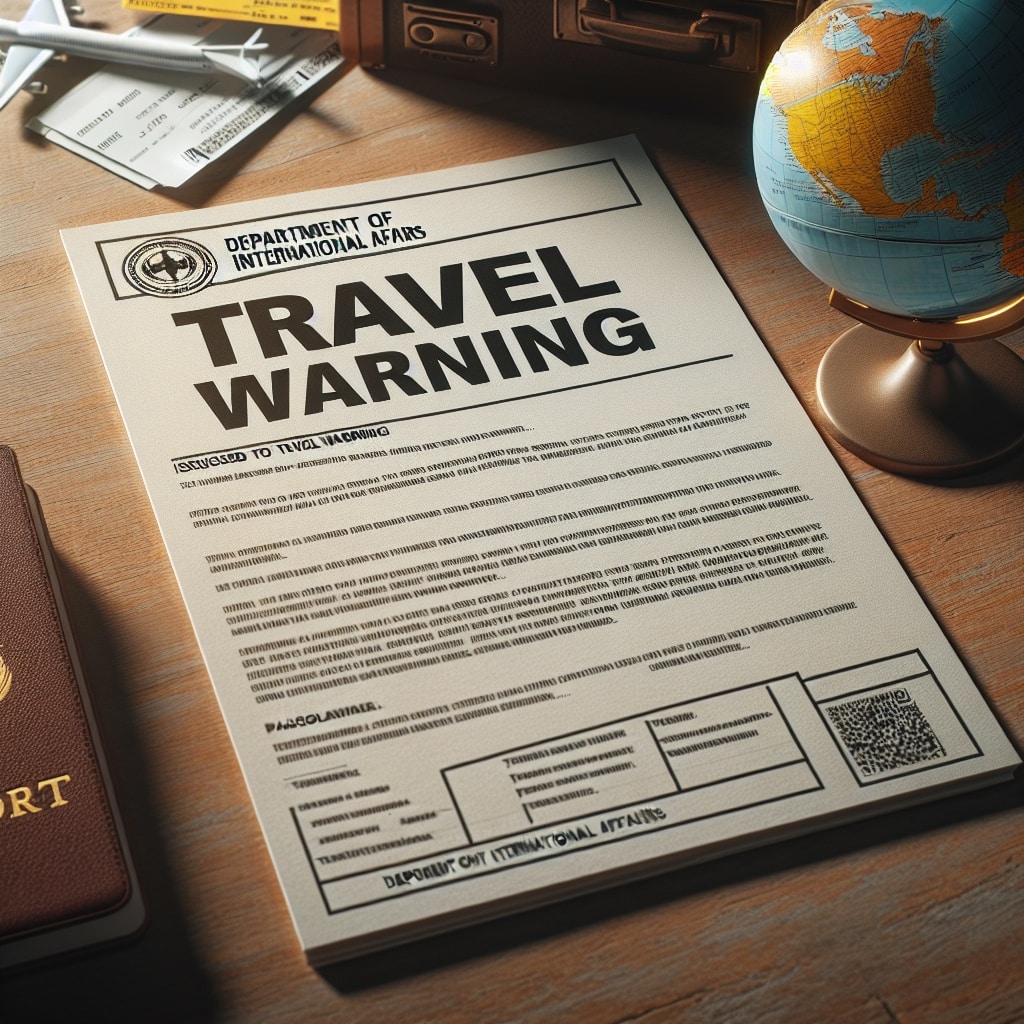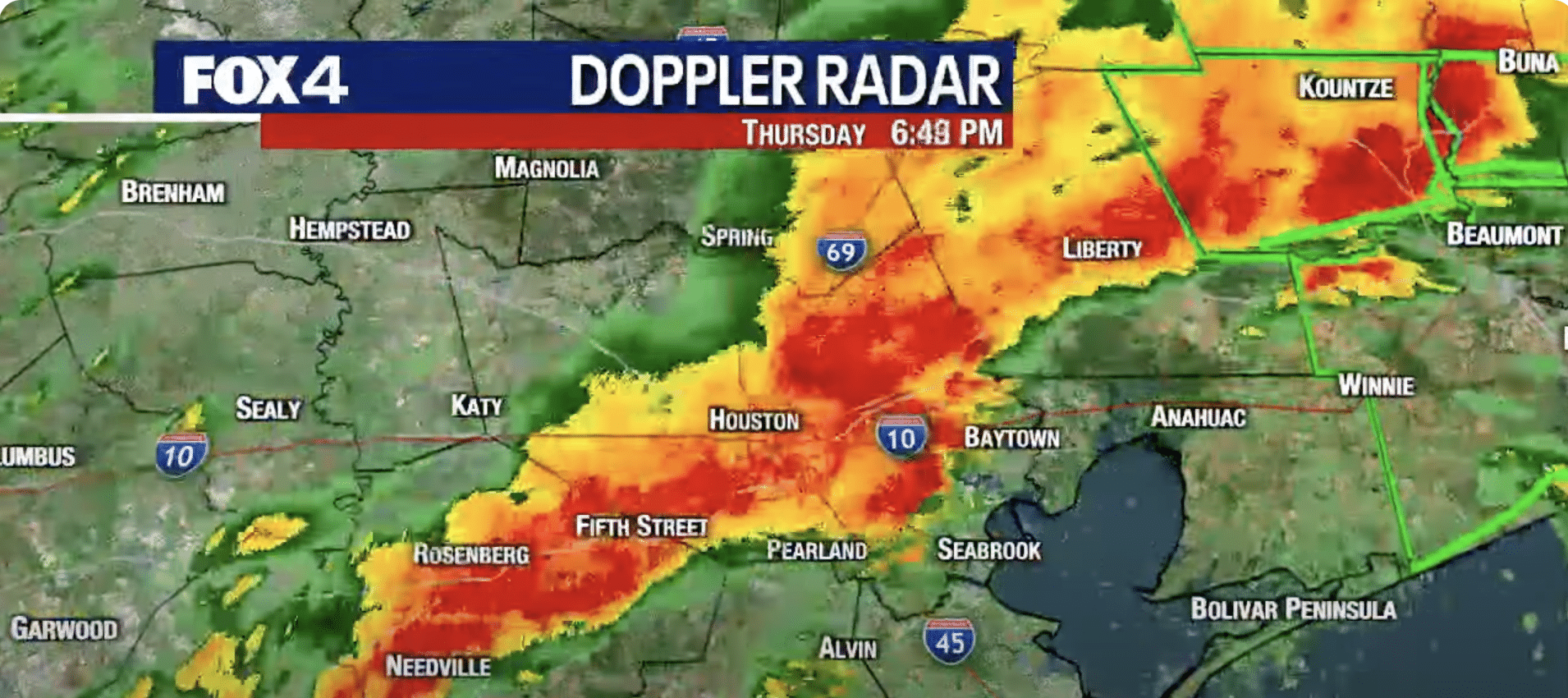Perched in the cab of a 35,000-pound semi-truck lumbering south on Interstate 45, AJ Jenkins watched the road while the big rig’s steering wheel slid through his hands. Jenkins was in the driver’s seat, but he wasn’t driving. The gigantic 18-wheeler was guiding itself.
Over several miles on the popular trucking route between Dallas and Houston, the truck navigated tire debris, maneuvered around a raggedy-looking flatbed and slowed for an emergency vehicle. Exiting the highway, it came to an abrupt stop as a pickup jumped its turn at a four-way intersection.
“You need to be ready for anything,” said Jenkins, 64, a former FedEx driver whose job is to take control if anything goes wrong. “People do some crazy stuff around trucks.”
Operated by Aurora Innovation, the truck is part of a new class of autonomous big rigs plying the nation’s highways. By the end of this year, the trucks will for the first time start traveling alone, without human minders like Jenkins, as two major companies — Aurora and Kodiak Robotics — launch fully autonomous trucks in Texas.
The advent of robot trucks could have a massive impact on America’s supply chain, dramatically reducing the time it takes to transport goods from place to place and unbinding the trucking industry from the costs and physical limitations of human labor.
But the technology’s advancement has sparked concerns about highway safety, job loss, a lack of federal regulation, and a patchwork of state laws regarding where and how autonomous trucks can operate.
By default, driverless passenger vehicles and trucks can ride anywhere in the United States, unless a state explicitly says they can’t. That means companies can test and operate their vehicles across most of the country.
Two dozen states, including Texas, Florida, Arizona, and Nevada, specifically allow driverless operations, according to data compiled by Aurora, while another 16 states have no regulations specific to autonomous vehicles. The remaining 10 — including California, Massachusetts and New York — place limits on autonomous vehicles within their borders.
Alarmed by the slow pace of federal regulation, labor and safety advocates are pushing legislation in several states to ban driverless trucks outright. So far, the effort has been unsuccessful.
The California legislature approved a measure last year that would have required human operators in all autonomous trucks, but Gov. Gavin Newsom (D) vetoed it, calling it “unnecessary” in light of state regulations that already ban autonomous vehicles over 10,000 pounds.
Transportation experts have been frustrated at how slowly the federal government has moved on the issue, given its potential to disrupt a massive part of the American economy.
Steve Viscelli, a sociologist at the University of Pennsylvania who studies the trucking industry, said autonomous trucking could “change the geography of our economy in the way that railroads and shipping did.”

















